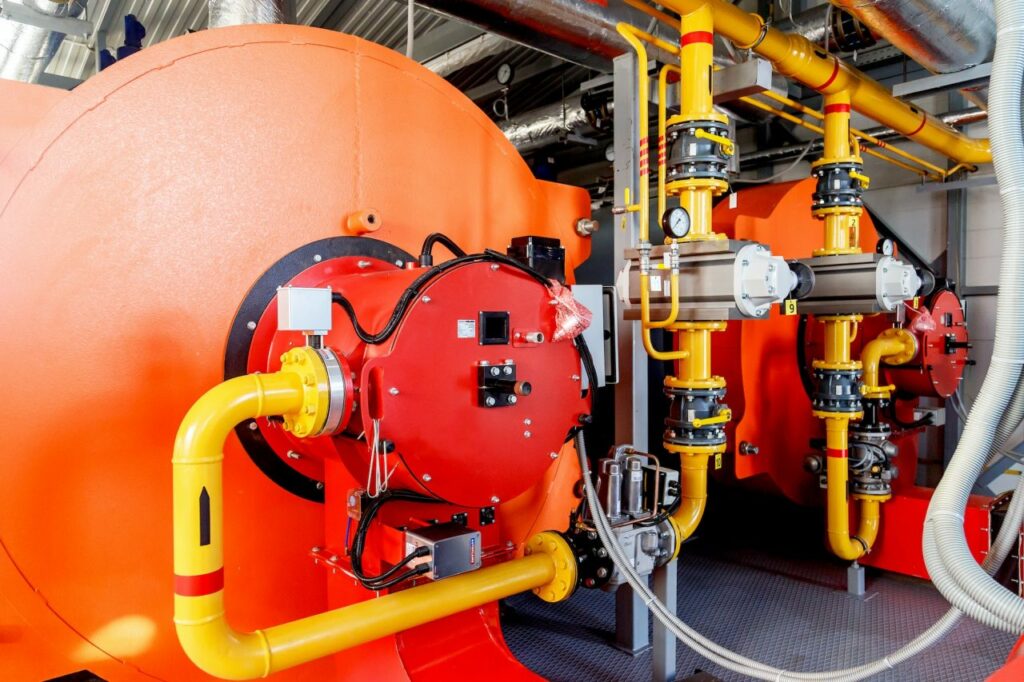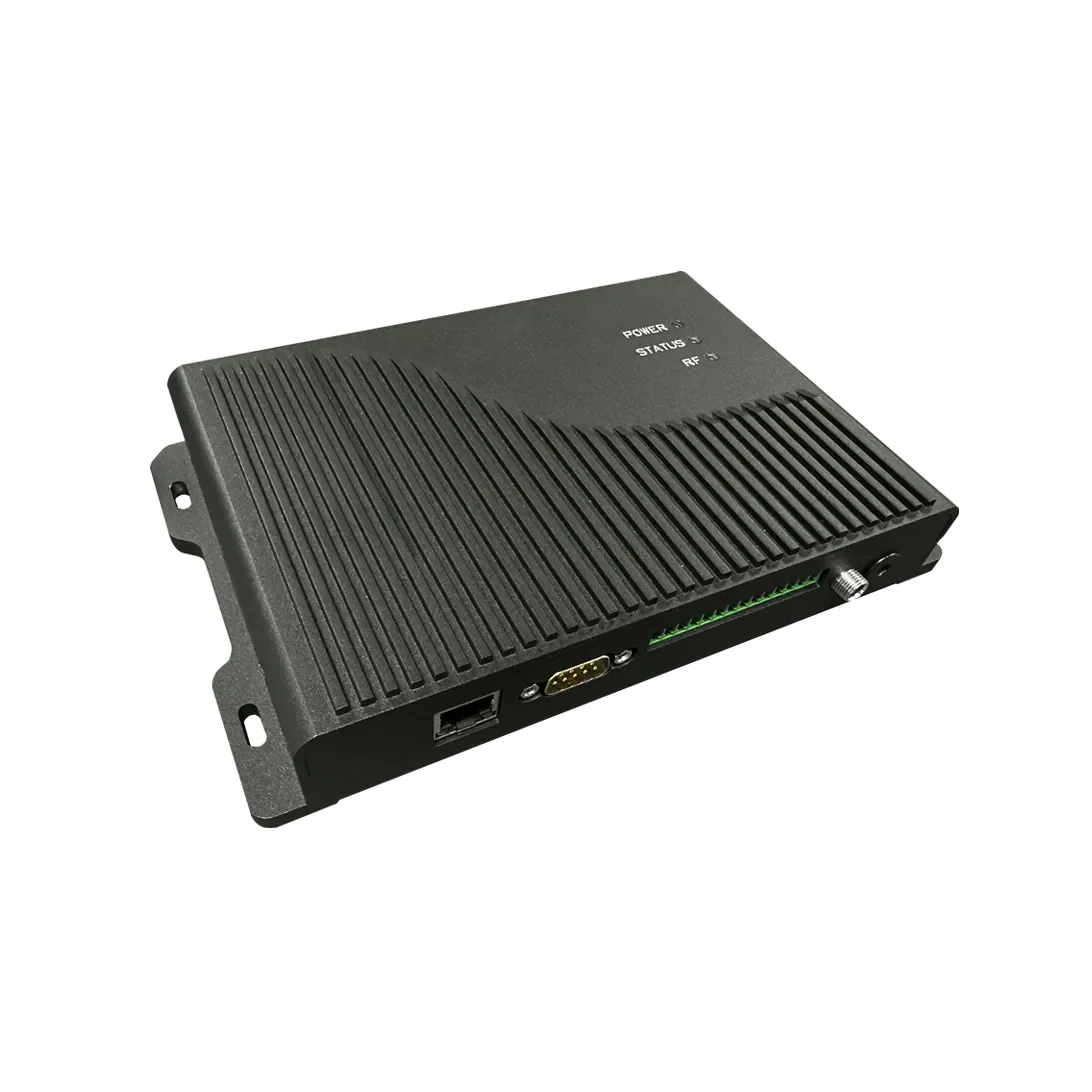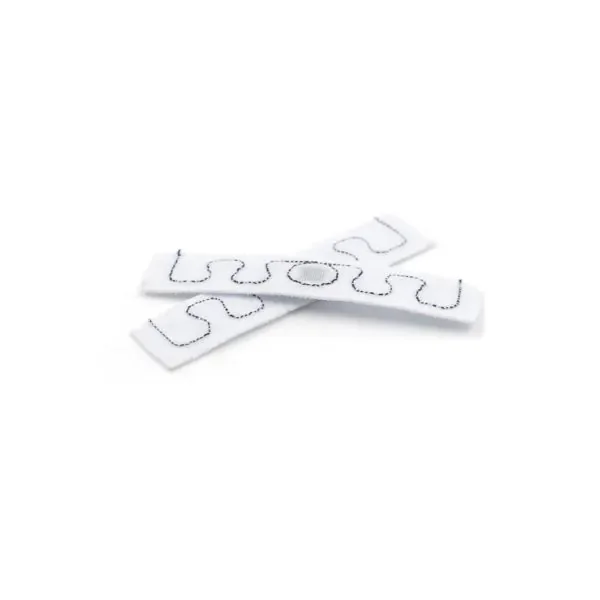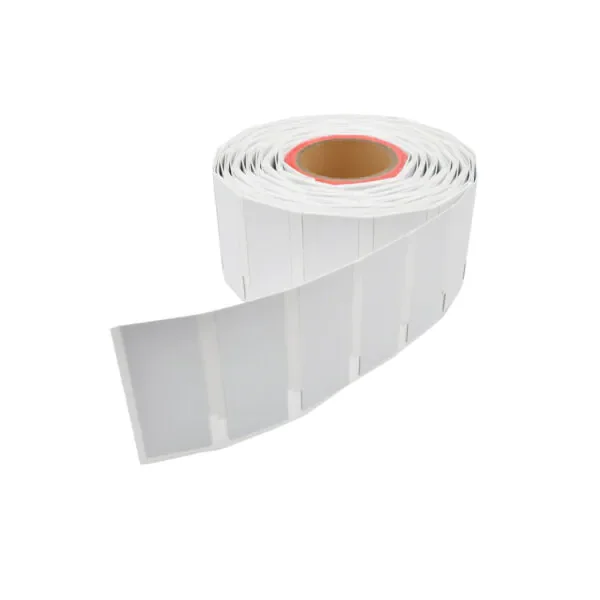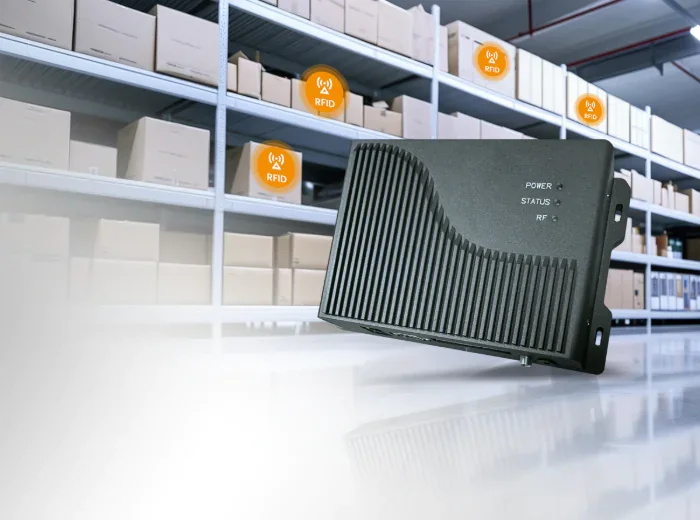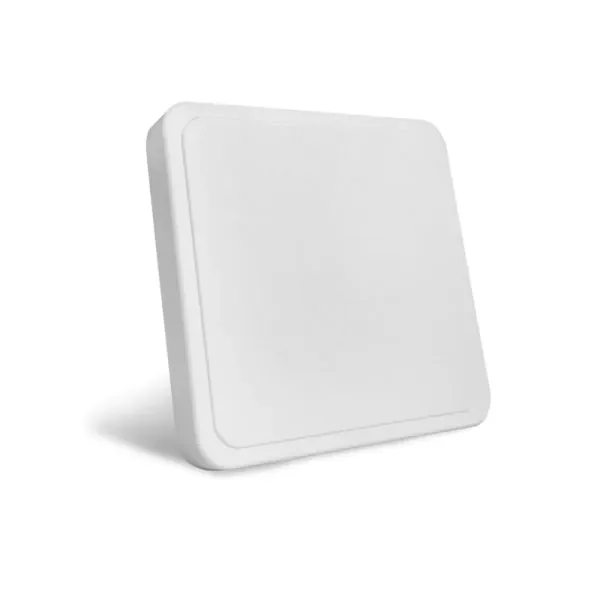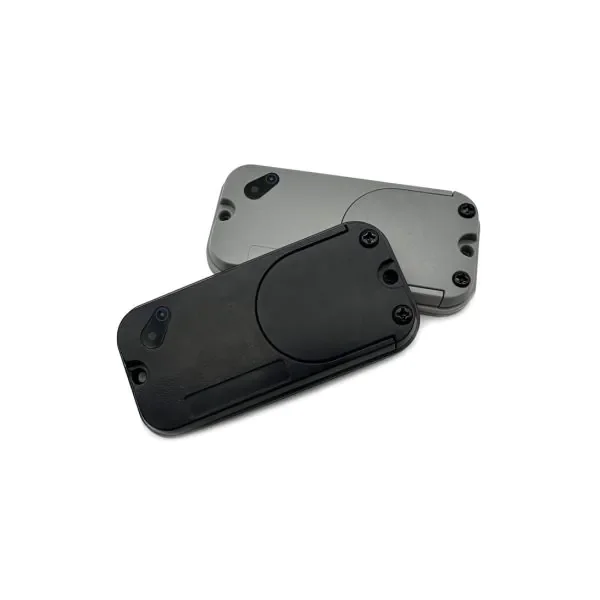The new anti waste law in France requires fast food restaurants with a certain scale and capacity to transition from disposable tableware to reusable tableware, and complete it within three years at the earliest. This transformation requires a powerful system to track and manage these reusable items to ensure efficient operations and compliance with laws.
Julien Thibult, Sales Director of RFID at French food security systems, outlined the urgency of this situation: “Three years of adaptation in thousands of restaurants is indeed a short time,” he said, further elaborating on the challenges faced by fast food chains, which have been accustomed to disposable packaging for over fifty years. The transition to reusability not only represents a cultural shift, but also affects all operational processes.
The solution to these challenges lies in deploying UHF RFID technology. Unlike traditional barcodes or QR codes, both manual and automatic scanning requires line of sight. UHF RFID passive tags can be read without direct visibility, enabling fast and efficient inventory counting even in challenging environments. Hardware manufacturers and intelligent packaging technology manufacturers, Zebra Technology, provide RFID scanning. It helps to quickly inventory inventory in difficult environments, “explained the product engineering manager.
The implementation of RFID technology makes real-time visibility of inventory levels possible, which is crucial for fast food chains that cannot afford to run out of reusable tableware. They need real-time visibility of table inventory, “Thibault emphasized, pointing out the necessity of fast and efficient inventory management.
One of the main benefits of using RFID technology is the ability to perform ultra fast and efficient inventory counting. Thibult presented a video demonstrating how to calculate over 1500 unique reusable items in less than a minute. This feature greatly simplifies the inventory process, which was rarely carried out before and had low accuracy.
In addition, the RFID system is designed to automatically trigger replenishment orders when inventory levels fall below a specific threshold, ensuring that restaurants maintain optimal levels of reusability. You can automatically replenish a large number of reusable items, “Thibult said, emphasizing the system’s ability to optimize inventory levels and minimize waste.
Another key aspect addressed by RFID systems is to prevent reusable loss or destruction, which will undermine the sustainable development goals of anti waste laws. Baodian has installed fixed RFID UHF readers in specific areas of the restaurant to detect reusable items that have been mistakenly discarded along with other waste. We have saved over 1 million reusable items that should have been destroyed, “Thiault reported, emphasizing the effectiveness of the system in minimizing waste.
The unique identification function of RFID UHF passive tags can also track the lifecycle of each reusable food and beverage service product, including cleaning frequency and replacement time. This level of traceability is crucial for managing the quality and lifespan of reusable items.


